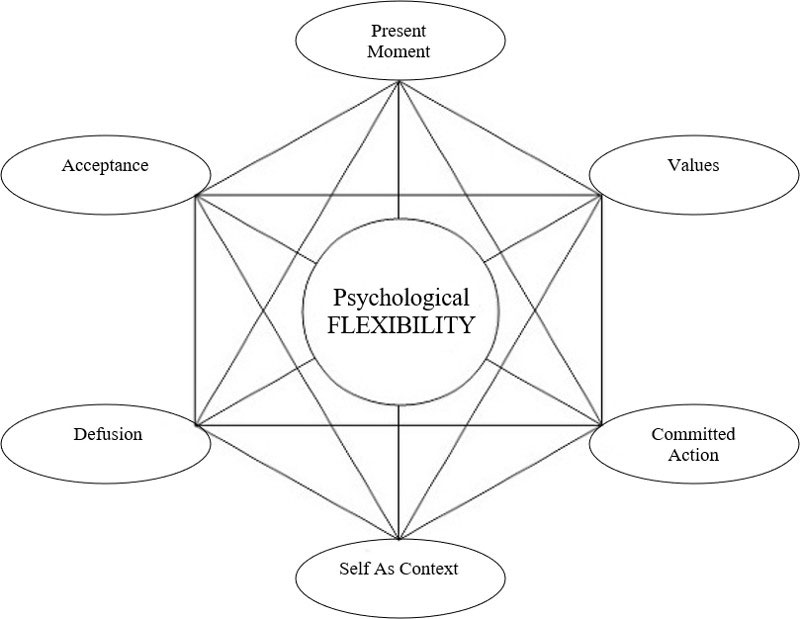
The general goal of ACT is to increase psychological flexibility – the ability to contact the present moment more fully as a conscious human being, and to change or persist in behavior when doing so serves valued ends. Psychological flexibility is established through six core ACT processes. Each of these areas are conceptualized as a positive psychological skill, not merely a method of avoiding psychopathology.
ACT is an approach based on Relational Frame Theory, a form of Clinical Applied Behavior Analysis that is used for treating Anxiety, Trauma, Grief, Addiction, and Emotional Challenges for individuals of all ages.
If you feel your child or a family member would benefit from this type of therapy or if they have not responded successfully to traditional CBT, contact us today about an intake!
Taken as a whole, each of these processes supports the other and all target psychological flexibility: the process of contacting the present moment fully as a conscious human being and persisting or changing behavior in the service of chosen values. The six processes can be chunked into two groupings. Mindfulness and acceptance processes involve acceptance, defusion, contact with the present moment, and self as context. Indeed, these four processes provide a workable behavioral definition of mindfulness (see the Fletcher & Hayes, in press in the publications section). Commitment and behavior change processes involve contact with the present moment, self as context, values, and committed action. Contact with the present moment and self as context occur in both groupings because all psychological activity of conscious human beings involves the now as known.
Click Below to Read More About Each Component

© 2024. Specializing in helping families with Autism | Asperger's | PDD-NOS | ADHD | Anxiety | Social Skills | Difficult Behaviors